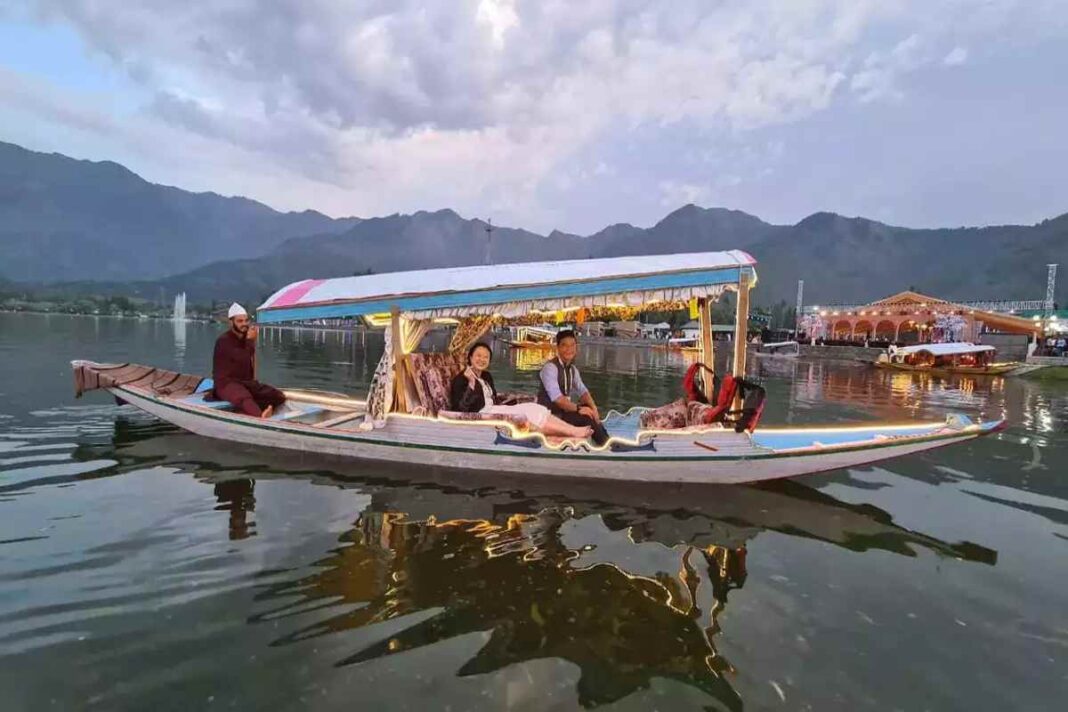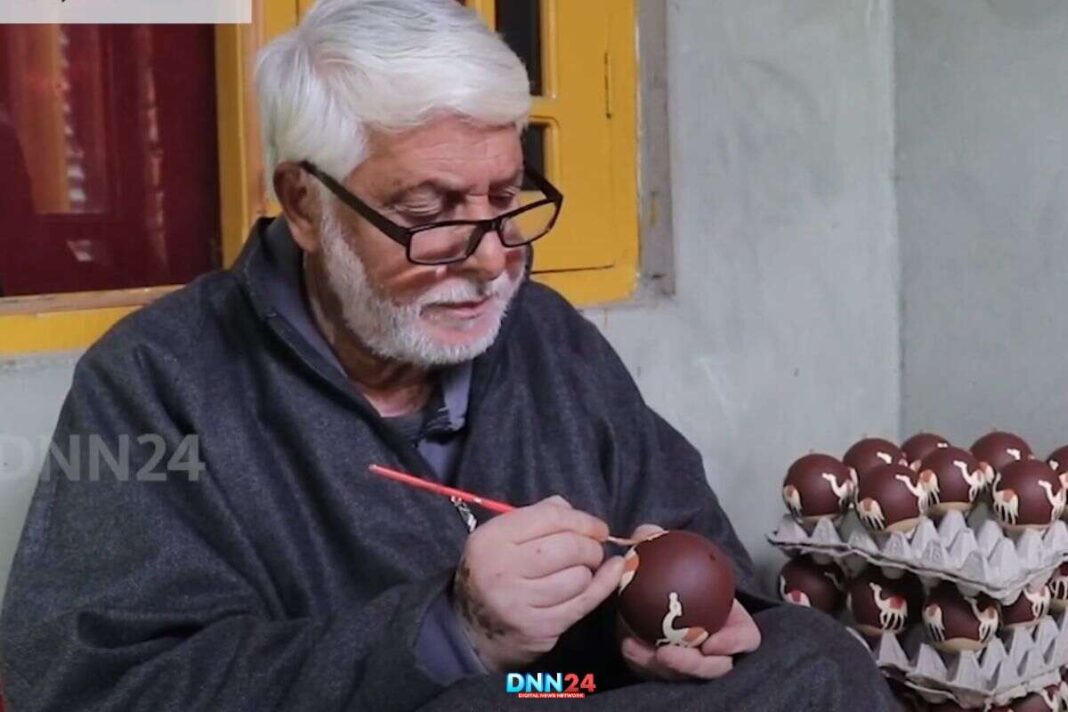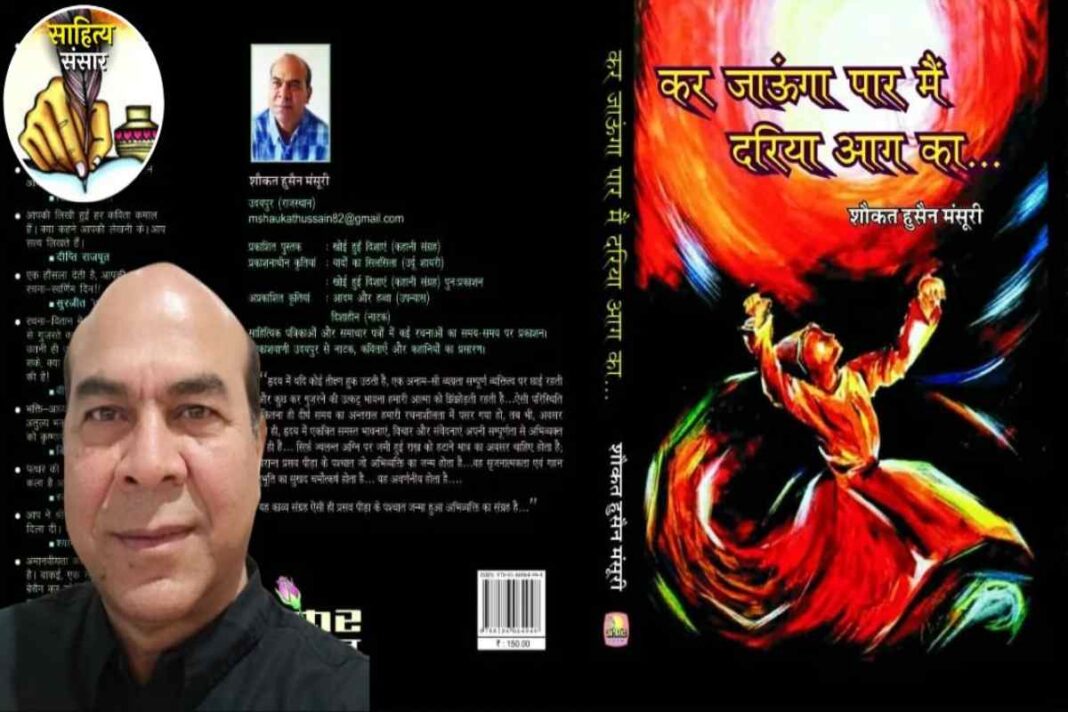Kashmir, once a hub of contention, now resonates with an unusual calm following the recent Supreme Court decision upholding the abrogation of Article 370. This seismic shift, however, has given rise to diverse interpretations by the central government and Kashmiri political factions.
Government’s Triumph and Opposition’s Silence
Home Minister Amit Shah, in a committed parliamentary address, underscored the apex court’s endorsement of nearly all actions of the government, except the state’s downgrade to a Union Territory. Interestingly, the Congress refrained from responding to Shah’s challenge, steering clear of incorporating “restoration of Article 370” in its election manifesto.
Ongoing Struggles and Political Dynamics
Farooq Abdullah’s National Conference and other leaders dismissed the verdict as unjust, gearing up for a “long struggle.” On the contrary, the BJP contends that Kashmir has turned away from insurgency, terrorism, and exploitative politics over the last seven decades.
Evolution of Political Narratives
The landscape, however, indicates a departure from conventional political narratives of autonomy, self-rule, and special status. The space for duplicitous politics, which once allowed mainstream leaders a share in Indian power and patronage of separatist sentiments, has notably diminished.
Revealing Political Alliances and Historical Realities
Surprisingly, critical voices against the Supreme Court’s decision have shared power with the BJP in the past, highlighting the intricacies of political alliances in the region. The transformation that began in 2019 is reaching a milestone, shaping the political landscape of Kashmir.
Historical Context and Trust Deficit
Examining historical manipulations of Article 370 reveals a trust and credibility deficit for those advocating its restoration. Leaders who once facilitated its tampering are now urging a new generation of Kashmiris to prepare for an extended struggle.
Shifts in Leadership and Geopolitical Dynamics
Intriguingly, alongside intensified counterterror operations, the disappearance of top leaders from separatist and militant groups has added a layer of complexity. Natural deaths and encounters have altered the leadership landscape, contributing to the present state of calm in the valley.
For a detailed story, please visit: Awaz the voice
Also Read: Embracing Eternity: The Heartfelt Story of the Mini Taj Mahal in Guwahati, Assam
You can connect with DNN24 on Facebook, Twitter, and Instagram and subscribe to our YouTube channel.



